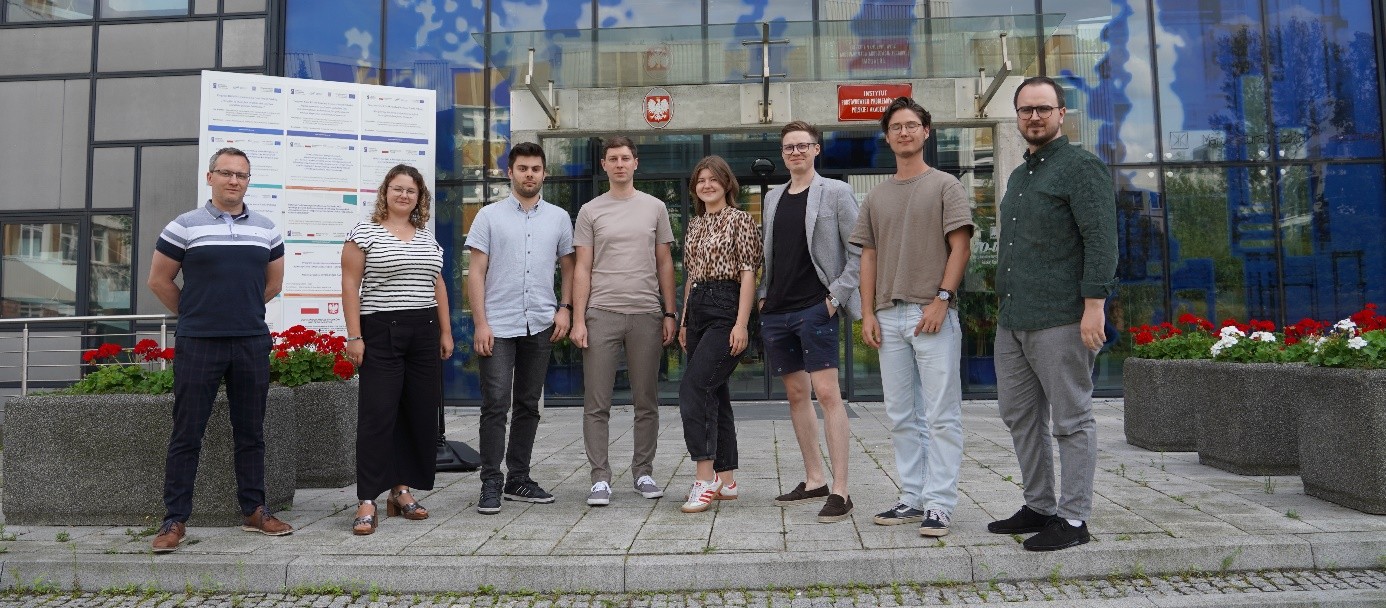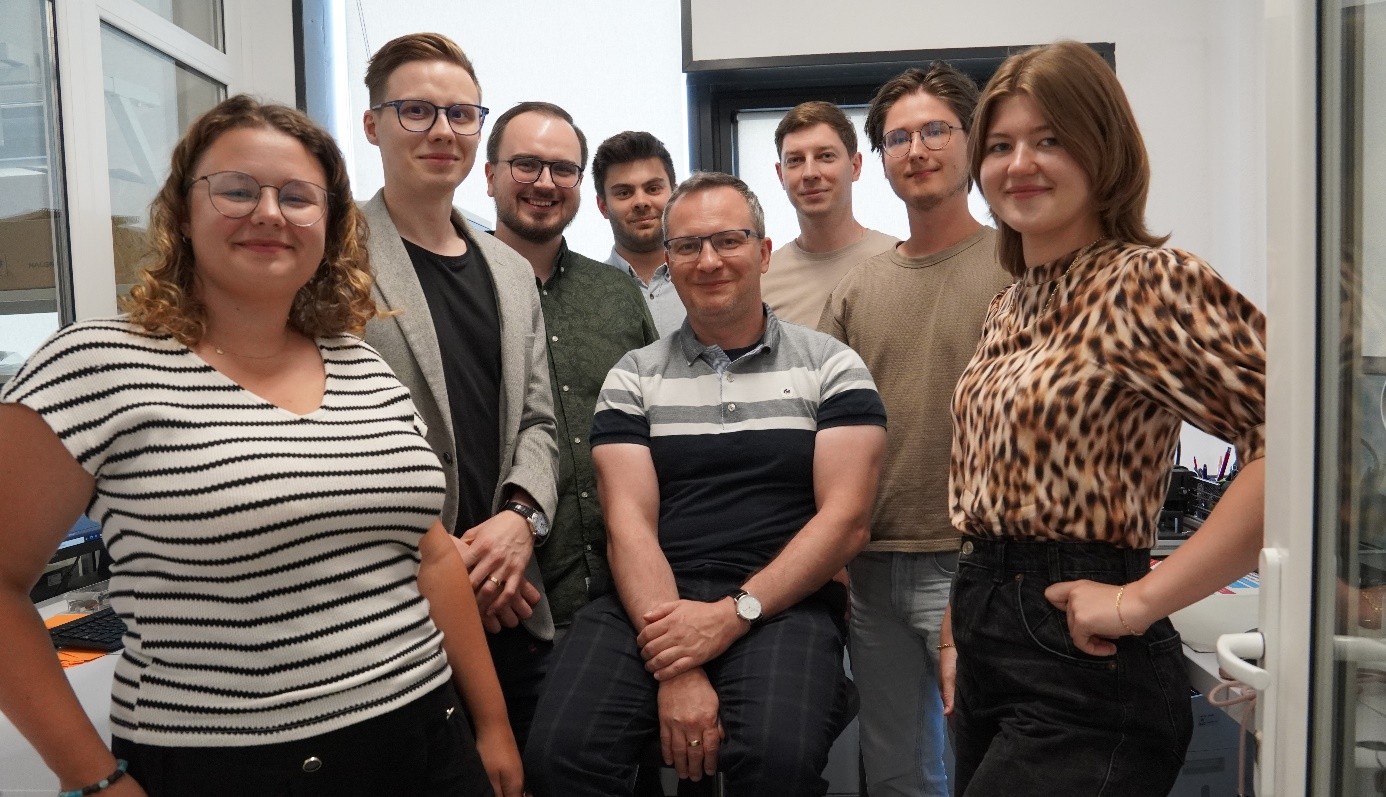We are pleased to announce that the Laboratory of Experimental Micromechanics (LMD) of the Institute of Fundamental Technological Research, Polish Academy of Sciences (IPPT PAN), headed by Prof. Dariusz Jarząbek, DSc, Eng., has become a partner in a prestigious project carried out under the European Space Agency (ESA) programme FIRST! – Liquid Propulsion Technologies for Future Space Transportation: New Materials and Processes for Launcher and In-Space Liquid Propulsion.

The SPARK – Strong Performance Alloys for Rocket Kinetics project, led by Bimo Tech Sp. z o.o., focuses on developing a new class of materials resistant to the extreme operating conditions of rocket propulsion systems – in particular, in oxygen-rich preburners operating under very high pressure (up to 380 bar) and at temperatures exceeding 1000 °C.
Research challenge
Next-generation rocket engines based on the Full Flow Staged Combustion cycle require materials with exceptional resistance to oxidation, high temperature, and mechanical loads. This is especially critical for oxygen-rich preburners, where hot, oxygen-rich gases are directed to further stages of the engine. Conventional materials such as nickel-based alloys like Monel K500 lose strength and ductility already at around 650–700 °C, and their high-temperature corrosion resistance in oxidising environments is insufficient. An additional limitation is their incompatibility with additive manufacturing technologies, which are key for producing modern, optimised rocket engine components.
Objective of the SPARK project
To address these challenges, the project aims to develop Refractory High Entropy Alloys (RHEAs) containing refractory metals such as Hf, Mo, Nb, Ta, Ti, V, and W. Designed using advanced computational methods (DFT, CALPHAD), these materials will offer significantly higher thermal stability, oxidation resistance, and superior mechanical properties at elevated temperatures compared to currently used metallic alloys. An important requirement is their compatibility with additive manufacturing, enabling the production of complex-shaped components in a cost-effective manner.
Role of IPPT PAN
Within the project, LMD IPPT PAN will design the initial alloy compositions and will be responsible for their fabrication using mechanical alloying, hot pressing (HP) powder consolidation, as well as Laser Powder Bed Fusion (LPBF) additive manufacturing for complex-shaped elements.
The team will also perform advanced microstructural and thermo-mechanical characterisation of the developed materials, using the Institute’s state-of-the-art research infrastructure. This will include SEM/EDS/EBSD analyses, dilatometry and creep testing, high-temperature tensile tests up to 1600 °C, and oxidation resistance assessment under conditions simulating operation in an oxygen-rich preburner.
The SPARK project is part of IPPT PAN’s strategic activities in the development of space technologies and research on materials for extreme environments, while strengthening European capabilities in future space transportation systems.
















